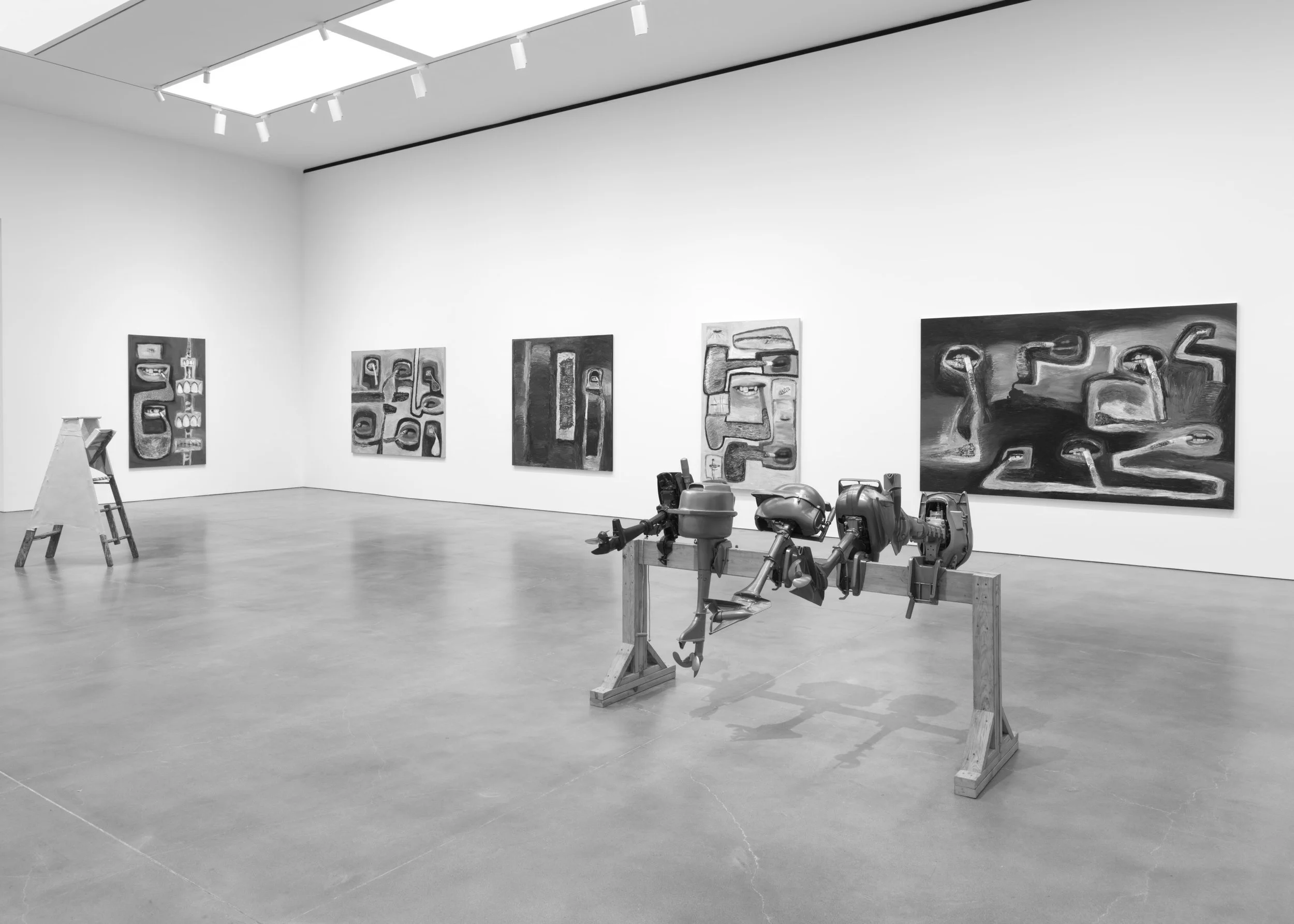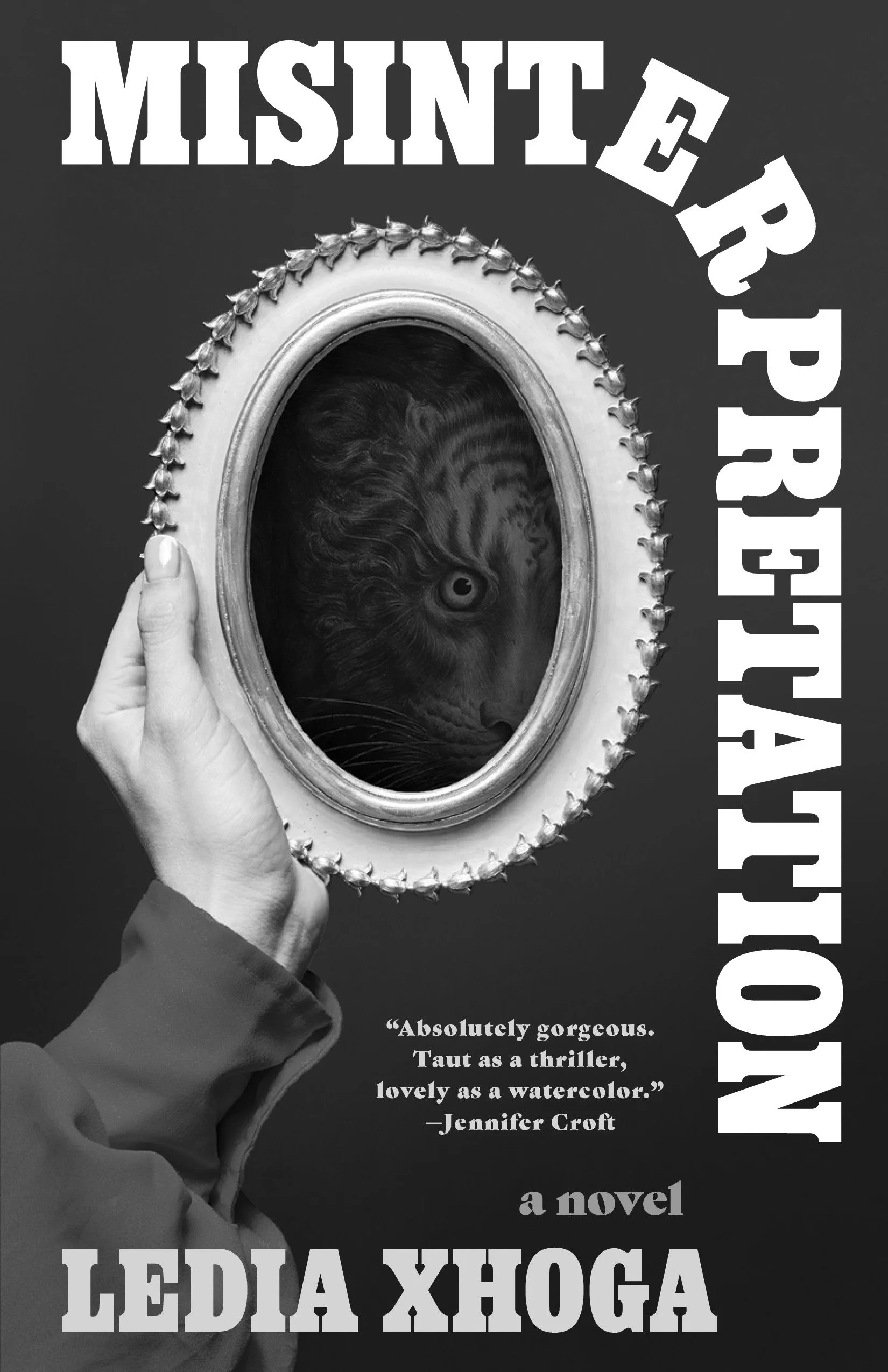Anika Jade Levy discusses her debut novel FLAT EARTH
Photo by Lizzie Klein
Anika Jade Levy is a writer from Colorado. She is a founding editor of Forever Magazine and teaches in the Writing program at Pratt Institute. Her fiction and criticism have appeared in Interview Magazine, Nylon, Flaunt, Grand, and elsewhere. Flat Earth is her first book.
Interview by Nirica Srinivasan
As someone who lives very far from New York, I’m always curious about the way people talk or write about New York. What, to you, makes a good New York novel? Do you think of Flat Earth as a “New York novel”?
If anything, I set out to write a book about America. I have a really hard time writing in New York, and I think that probably comes through in Flat Earth. The writing was excruciating a lot of the time.
The New York writers I love — Elizabeth Hardwick, Ben Lerner, parts of Renata Adler — are primarily dealing with their own consciousness. What I wrote is a book about a young woman trying to assemble an identity from the material around her: men, art, gossip, social media, cultural noise. It happens that New York offers an excess of material. If that qualifies it as a New York novel, fine. Of course, it’s responding to the emotional architecture the city produces. But I think it’s more about the post-global millennial psyche that happens to be renting a room here.
A good New York novel exposes the contradictions of a city where everyone is both broke and constantly going to dinner, where people claim to hate capitalism but still get their self-worth from their proximity to cultural capital. The truth is that daily life for the people who write “New York novels” is just a highly aestheticized form of logistical suffering. These people are mostly just dealing with their own financial, emotional, and professional precarity.
Catapult Books
In an interview you did with Cultured you mention that you wrote (or started writing?) Flat Earth in 2022. Did it change very much from that version of the book to what it is now? How did you negotiate that and how do you think of your book in time? I found that so interesting because I often feel like novels set in the present can very quickly feel “dated” – like, in many ways the world of 2022 is not the world of the now. But your novel feels very present, and kind of quietly and apocalyptically prophetic.
I started the book in August of 2022 and finished the first draft the following summer. It was a weird time to write anything in New York. There was a premium on earliness. Trend-forecasting was still at the center of a lot of conversations about art and commerce. Maybe I had some sense that there’s a need for art to metabolize things more quickly than ever before. The delay between the moment something happens and the moment the culture digests it is shrinking, which is why books that try to be “current” often feel outdated before they’re even copyedited. If Flat Earth feels prophetic, maybe it’s because I treated the present as already historical, which is to say, as something volatile and unstable rather than fixed.
In the same interview in Cultured, you also mention that everyone in the book is two-dimensional, and that you weren’t aiming to write nuanced characters. Can you talk a little about that decision, about creating Avery as a character, and what it was like to find her voice? She’s very observant, and almost passive.
Frances came to me fully formed. I always thought of her as the main character. Frances was the real object of fascination, so I wrote Avery in response to her. Or maybe Frances made Avery out of her rib, like Adam and Eve. Avery’s subjectivity is formed by her proximity — to men, to power, to other women’s ambition. I don’t think contemporary life encourages psychological nuance. People flatten themselves in order to feel understood.
Gender dynamics is at the centre of Flat Earth, in her observations about the world, and in her relationships with men and her friendship/rivalries with women like Frances and Sally. Avery works at a dating app called Patriarchy that’s having trouble attracting “the right kind of women, or any kind of women.” It’s a mostly bleak imagination of sex and love and friendship – but the book is also so often so funny. How close to reality does Flat Earth feel to you? Where were you drawing inspiration from? Were there any bits that you found especially fun to write?
The misogyny was really fun to write, partly because it's so easy to source. I don’t endorse it, but male delusion is one of our richest national resources. A lot of the material came from turning up the contrast on dynamics from my own social world: dating apps that seem more ideological than romantic, the way men think they’re being generous when they’re actually being exploitative. I guess I was trying to articulate the tiny psychic violences we inflict on one another all the time, and the way that romance, friendship, and rivalry are sites where gender gets rehearsed and policed.
Set in and around NYC’s art scene, Flat Earth is also full of observations and ideas about that particular scene, as well as about art-making in general. (The title of your book comes from a documentary that Avery’s friend, Frances, is making, which inspires a lot of interesting thought – Avery thinks that Frances’s focus on conspiracy “inoculated herself against accusations of solipsism, especially at a time when all art seemed firmly rooted in identity.”) A lot of the people that populate the book are artists. What inspired you to write about that world?
I’m not good at writing or thinking about fine art. I don’t know why I did that.
The book opens with an epigraph from the Apostle Paul: “All things for me are lawful.” Can you talk a bit about that choice? (I had to Google it to find the full quote!)
I read an abbreviated version of the quote in The Incest Diary. I remember being impressed by its moral ambiguity. There’s something performative about it. Like a dare and a warning. It was a formal reminder for myself, but it also had a lot to do with the material. I knew from the beginning that I was writing about what happens when moral infrastructure breaks down. There’s always a sense of improvisational ethics when you’re dealing with things like youth, desire, and ambition — but again, I was turning up the saturation. The missing clause is: “but not all things are helpful.” I removed that because the epigraph was meant to be liberating and deranged.
You co-run Forever, a print lit mag, which honestly feels a little bit like a miracle in today’s world. What kind of work does Forever take? Does editing or reading for the mag interact with your writing practice at all?
I came of age running this magazine, and I was formed by its influence as much as it was formed by mine. The main thing Forever taught me in my own writing is the urgency of reaching the reader. Because I knew how pitiless I could be when I was reading something I felt skeptical about for whatever reason, and that my assessment was always informed by mood, my energy level, and my personal life. So that was top of mind when I was writing: respecting the reader’s attention, including its limitations. I needed every page to earn its keep. Desire isn’t easy to sustain.
And finally: what books do you think Flat Earth would sit next to on a bookshelf? What feels like its friends and kin?
This is literally my favorite thing to think about. Earth Angel by Madeline Cash. Bad Behavior by Mary Gaitskill. No One Belongs Here More Than You by Miranda July. Females by Andrea Long Chu. Conversations with Friends by Sally Rooney. Supremacist by David Shapiro. Elect Mr. Robinson for a Better World by Donald Antrim. Horse Crazy by Gary Indiana. The Catcher in Rye is still my favorite novel. Maybe next year I’ll read some older books.
Check out our other recent author interviews
Nirica Srinivasan is a writer and illustrator from India. She likes stories with ambiguous endings and unreliable narrators.
Did you like what you read here? Please support our aim of providing diverse, independent, and in-depth coverage of arts, culture, and activism.







